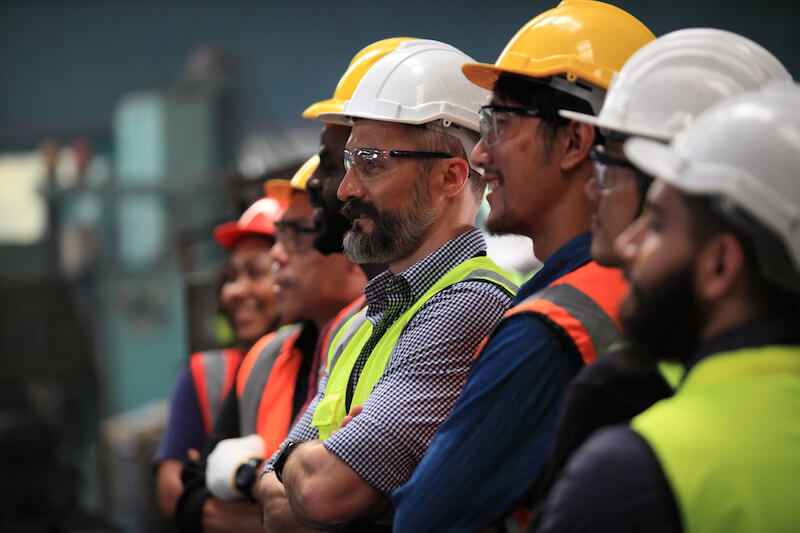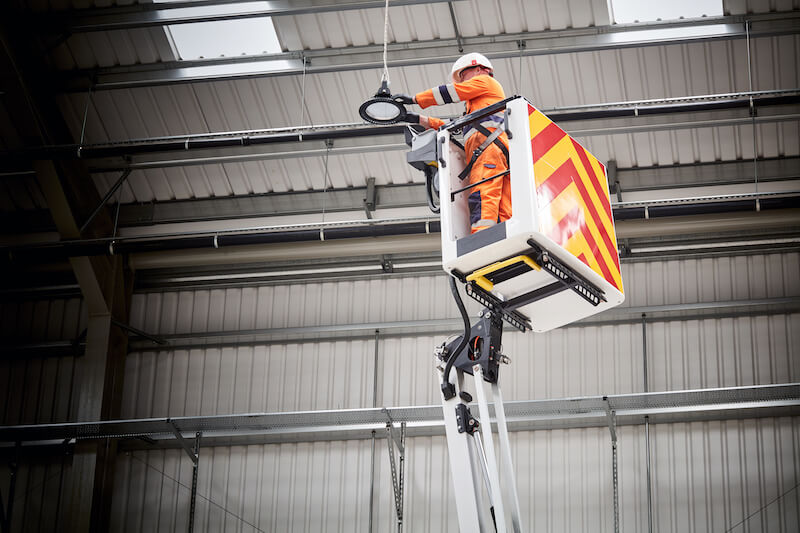Why Training Is Essential For Organisations
Blog-January 20, 2023
The International Powered Access Federation (IPAF) is an organisation that promotes the safe use of Mobile Elevated Work Platforms (MEWPs), such as Vehicle Mounted Access Platforms (VMAPs).
With over 1,500 members across 76 countries, it is the international authority on safety best practices – which is why Access Hire is proud to announce we have become an official IPAF training provider.

Why is IPAF training important?
MEWPs are large pieces of equipment that can cause serious damage if misused. That is why operators must undertake rigorous training to ensure they know how to operate the equipment effectively – and keep themselves and their colleagues safe.
Ensuring operators are highly trained is not just about compliance, it is about creating a culture of safety and demonstrating your commitment to the workforce and your customers.
Well trained employees can also work independently and make decisions that can improve their overall efficiency. They are able to identify and solve problems quickly, preventing costly errors and downtime.
IPAF training courses are conducted by authorised training centres and culminates in the awarding of a PAL Card (Powered Access Licence) to the trained individual. This training is mandatory for anybody who operates a MEWP, and the PAL Card remains valid for 5 years.

Access Hire lets you train with a VMAP
While IPAF training is mandatory for Vehicle Mounted Access Platform (VMAP) operators, the majority of training providers do not carry out their training using VMAPs. This is not inherently problematic, but it does mean that trainees lose out on vehicle-specific tips which could be vital.
As a market leading provider of Vehicle Mounted Access Platforms, Access Hire felt this needed to change. Trainees can now undertake 1b static boom training on the specific type of VMAP they will use on-site, enabling them to benefit from our experienced trainers’ specialist VMAP knowledge.
Trainees will learn:
- Key regulations, legislations, standards
- How to identify risks and hazards
- How to identify machinery parts
- How to undertake a pre-use inspection of the vehicle and platform
- Safe machine operating methods
- How to identify common faults